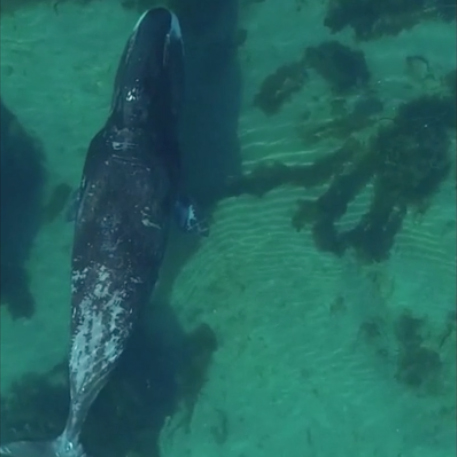
Tags: Andrew Trites, Arctic, IOF postdoctoral fellows, Marine Mammal Research Unit, Sarah Fortune, whales
Satellite telemetry and time-depth recorders are providing new and surprising insights into the secret lives of bowhead whales
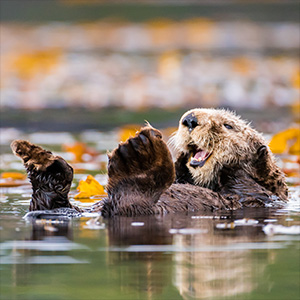
Long-term benefits of sea otter recovery could be worth as much as $53 million per year
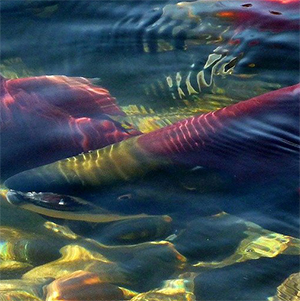
Tags: Brian Hunt, British Columbia, David Costalago, faculty, food webs, herring, IOF postdoctoral fellows, Pelagic Ecosystems Lab, plankton, Research, salmon
By determining the availability of high-quality prey for these commercially important groups of fish we can improve estimates of herring and salmon productivity

Tags: Black Lives Matter, Equity and Diversity, faculty, IOF announcement, IOF postdoctoral fellows, IOF Research Associates, IOF Student Society, IOF students
The Institute for Oceans and Fisheries is proud to stand in solidarity with UBC’s Black Student Union and all people protesting police violence against Black people in Canada and the United States.
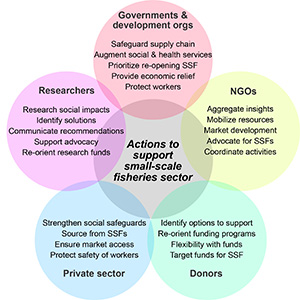
Tags: Aboriginal fisheries, COVID-19, Indigenous fisheries, IOF Research Associates, Nathan Bennett, OceanCanada, pandemic, Research, small-scale fisheries
Researchers explored the impacts of the COVID-19 crisis on small-scale fisheries in Canada and worldwide, and provided recommendations on how to support them.
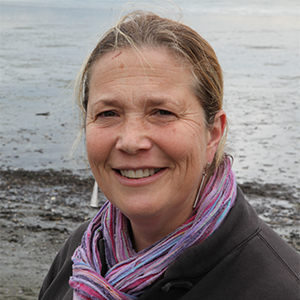
Tags: Amanda Vincent, awards, bottom trawling, conservation, fishing gear, fishing practices, IOF announcement, Project Seahorse, seahorses
Amanda Vincent becomes first marine conservationist to win Indianapolis Prize
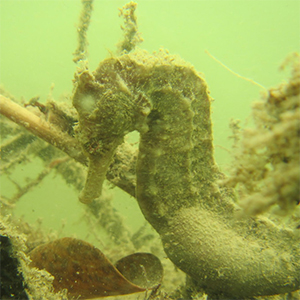
Tags: Amanda Vincent, CITES, faculty, FCRR, IOF students, Project Seahorse, Publications, Research, seahorses
This FCRR report documents the first seahorse trade surveys and analyses conducted by Project Seahorse in India, in 1999.

A large marine heatwave would double the rate of the climate change impacts on fisheries species in the northeast Pacific by 2050
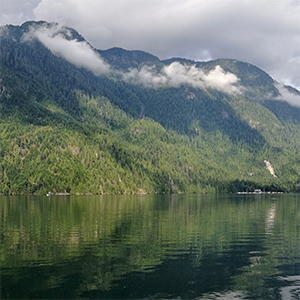
Tags: Aboriginal fisheries, climate change, environment, Indigenous fisheries, IOF students, Ocean Leaders, Tsleil-Waututh Nation, Vancouver
How did the Burrard Inlet look like in the past, compared to how it is now? What were the fishing, food source, and maritime resources there, and how did this habitat change over time?
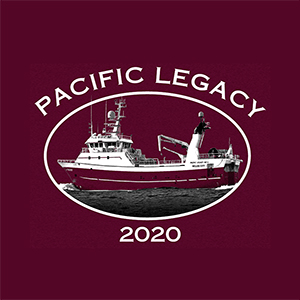
Tags: Brian Hunt, Evgeny Pakhomov, International Year of the Salmon, IOF students, Pelagic Ecosystems Lab, plankton, Research, salmon
A second research expedition to study the winter ecology of salmon in the Gulf of Alaska is underway.